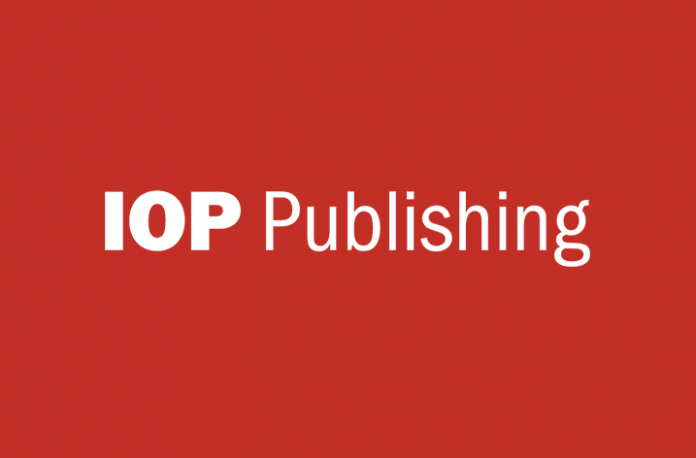
IOP Publishing (IOPP) has secured its first ‘Read and Publish’ transformative agreement in Taiwan, demonstrating its dedication to expanding open access (OA) to research in the Asia-Pacific (APAC) region and at scale globally.
The three-year transformative agreement with the Physics Research Promotion Centre, which is part of the National Science and Technology Council (NSTC), will enable 20 Taiwanese universities to offer their researchers unlimited OA publishing at no cost to them. The agreement will also allow authors to retain copyright of their work and gives reading access to all IOPP research published over the last 10 years.
IOPP is actively securing transformative agreements across the world to advance open science by providing authors funded routes to publish their work openly. The number of academic institutions benefiting from read and publish agreements with IOPP has grown from 350 institutions in 2022 to 943 institutions worldwide. This is IOPP’s sixth transformative agreement in the Asia Pacific region.
The advantages of OA publishing are widely recognised by funders, institutions and researchers. A survey commissioned by IOPP together with other leading society publishers shows that 83% of respondents from China, Hong Kong and Taiwan say they agree with the principles of OA, yet 15% say they don’t have the funds to publish their work openly.
Julian Wilson, Chief Sales Officer at IOPP said: “We’re truly aligned with the Physics Research Promotion Centre in our shared passion for the physical sciences. Our agreement supports the growing uptake of open access in the region enabling eligible researchers to reach more people with their work. We’re excited to be part of that transformation.”
Professor Po-Chung Chen, Director at the Physics Research Promotion Centre: “Our transformative agreement with IOPP will help us deliver on our mission to promote the development of physics in Taiwan. With this agreement, more research will be available openly which will truly help expand the reach of some of Taiwan’s most influential academic institutions.”
























